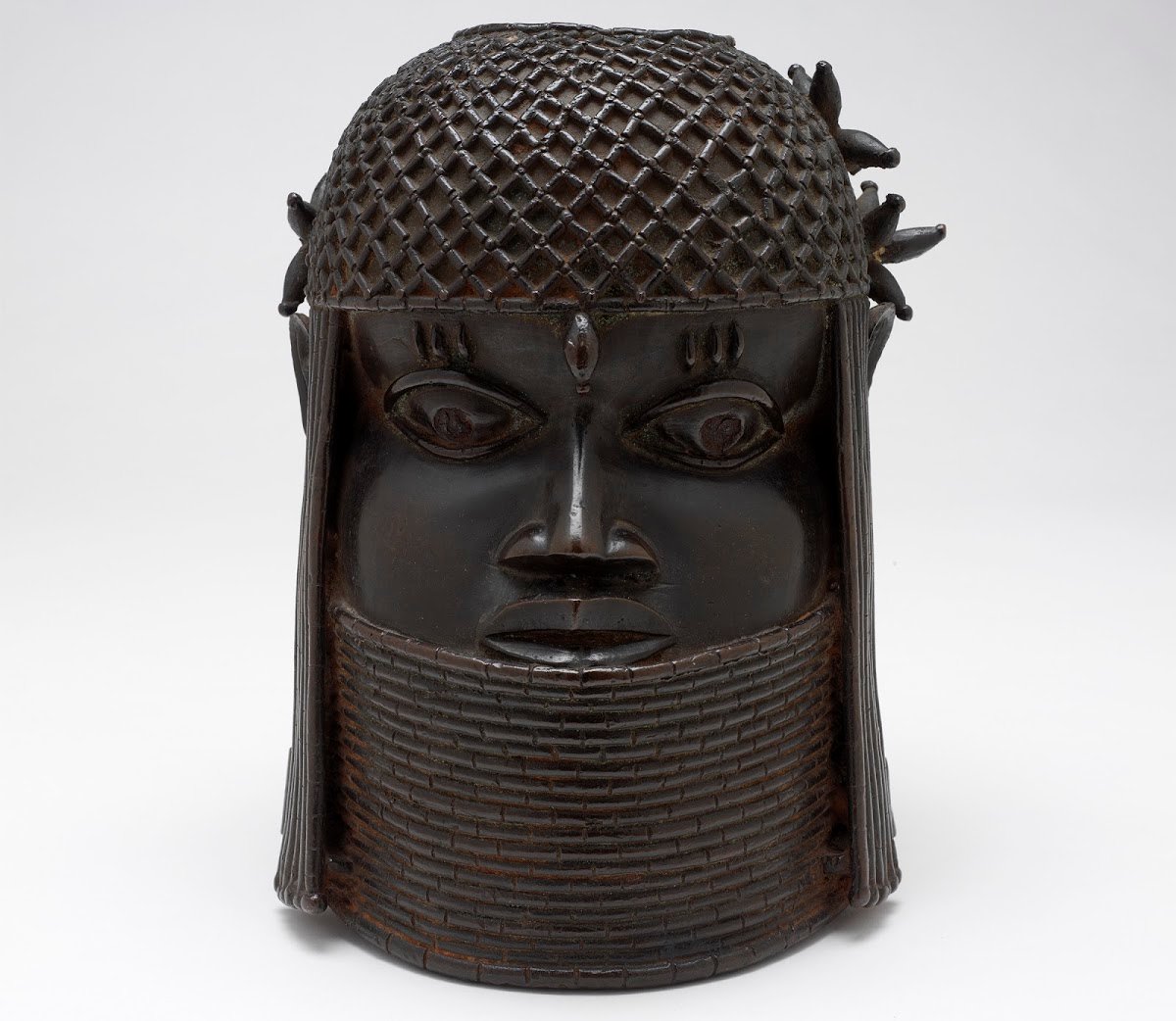
The Horniman Museum and Gardens in London is the latest in a growing number of institutions to take steps toward repatriating the Benin Bronzes. In a policy document published last month, the museum’s board set out clear procedures for communities of origin to file requests for objects, and expressed a willingness to engage with them.
“We recognize that the collections in the Horniman have been acquired at different times and under a range of circumstances, some of which would not be appropriate today, such as through force or other forms of duress,” the document states. “The trustees of the Horniman recognize that occasions will arise when it will be appropriate to enter into discussions with stakeholders about the potential restitution or repatriation of cultural objects.”
The museum, which was founded to hold the collection assembled by 19th-century British tea trader Frederick Horniman, is home to 49 works from Benin City (in what is now Nigeria), including 15 Benin Bronze plaques depicting Obas and other legendary figures, a brass bell that likely would have been worn by a warrior, and a ceremonial paddle.
The newly published procedures, which the museum has pledged to revisit and revise in two years, come at a moment when institutions across Europe are reconsidering their approach to these precious objects.
Derek Frampton gives the Horniman Museum a “spring clean” on March 7 2007 in London, England. Photo by Matt Cardy/Getty Images.
Just two weeks ago, the University of Aberdeen in Scotland announced that it would repatriate a Benin Bronze in its collection to Nigeria, setting it up to become the first Western institution to fully restitute one of the looted bronzes. Germany also entered into talks last month about returning bronzes in its national collections to Nigeria.
Many of the returned objects are expected to go on display at the Edo Museum of West African Art, a museum at the former palace site in Benin City, which is being designed by architect David Adjaye to incorporate some of the ruins.
Regional U.K. museums have been able to respond more quickly to restitution requests than national institutions like the Victoria & Albert and the British Museum, which are technically prevented from returning objects permanently under British law.
Nick Merriman, the chief executive of the Horniman Museum, told the Art Newspaper that the institution has not received any formal requests since releasing its new guidelines last month. It remains to be seen whether the recent spate of publicity surrounding the document will inspire claimants to come forward.